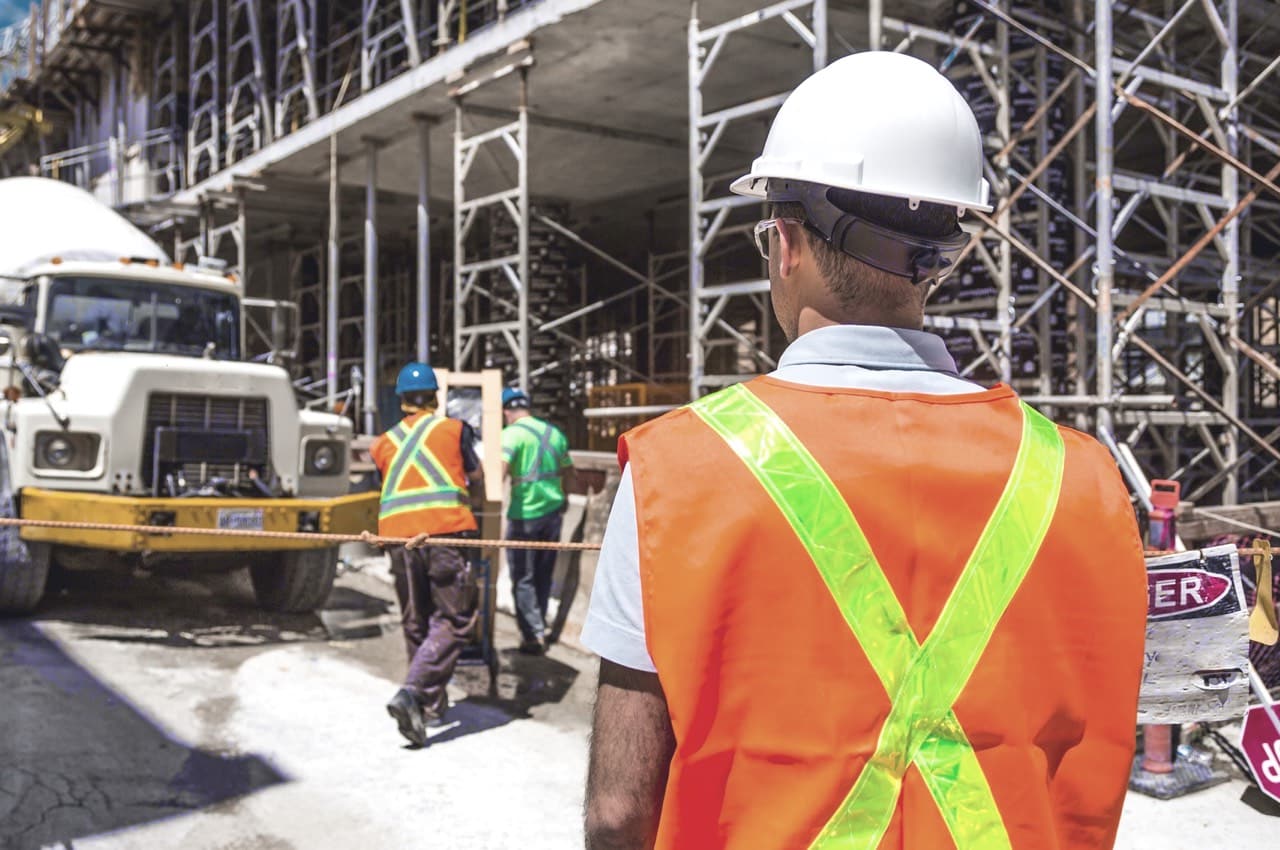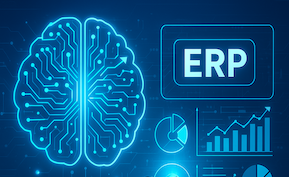Artificial Intelligence
Construction Management
Construction Accounting Automation with AI: From Progress Billing to Predictive Loss Recognition

Artificial Intelligence (AI) is redefining how contractors manage their financial operations. In construction accounting, AI-powered automation helps companies process invoices faster, predict financial risks earlier, and streamline progress billing — transforming the back office from reactive to proactive.
The rise of AI in construction finance
Construction accounting has traditionally been labor-intensive — requiring hours of manual data entry, reconciliation, and reporting. With AI-driven systems, these repetitive tasks are now handled automatically, freeing finance teams to focus on strategy and forecasting.
- Invoice automation: AI reads, validates, and categorizes invoices without manual input.
- Cost prediction: Machine learning models forecast budget variances before they happen.
- Fraud detection: AI identifies duplicate or suspicious transactions automatically.
- Document recognition: Optical character recognition (OCR) digitizes paper-based financial records instantly.
AI-driven progress billing automation
- Dynamic progress tracking: AI analyzes field reports and schedules to determine accurate billing percentages.
- Automated invoice generation: Systems create AIA-compliant invoices based on real-time job progress.
- Retainage handling: Automatically applies retainage percentages and release conditions.
- Payment forecasting: Predicts cash flow timing based on invoice patterns and client history.
Predictive loss recognition: spotting red flags early
AI systems trained on historical job cost data can identify early indicators of potential loss — from underperforming subcontractors to rising material costs. These models alert project managers before overruns impact profit margins.
- Variance detection: Machine learning flags discrepancies between budgeted and actual costs.
- Profit erosion prediction: AI forecasts where margins may shrink based on cost trends.
- Work-in-progress (WIP) analysis: Predicts project completion costs for accurate financial reporting.
- Scenario modeling: Simulates project outcomes under different cost and schedule variables.
Top construction accounting platforms leveraging AI
- Sage Intacct Construction: Uses AI for accounts payable automation and real-time financial insights.
- Viewpoint Analytics: Employs predictive analytics to improve job cost forecasting and risk management.
- Procore + DocuAI: Automates invoice review, lien waiver verification, and progress billing workflows.
- Autodesk Construction Cloud: Integrates AI-driven analytics across estimating, budgeting, and accounting.
- CMiC Intelligent ERP: Features embedded AI for anomaly detection and financial forecasting.
Benefits of AI in construction accounting
- Time savings: Automates up to 70% of manual accounting tasks.
- Improved accuracy: Reduces data entry and reconciliation errors.
- Stronger forecasting: Provides data-backed predictions for costs, cash flow, and profitability.
- Faster month-end close: Real-time reconciliations accelerate reporting cycles.
- Enhanced compliance: AI ensures documents and payments meet regulatory and contractual requirements.
Implementation roadmap
- Audit current workflows: Identify repetitive accounting processes ripe for automation.
- Select AI-enabled software: Choose systems that integrate easily with existing ERP or project management tools.
- Digitize financial data: Ensure all documents, invoices, and contracts are machine-readable.
- Train AI models: Feed historical financial data to improve prediction accuracy.
- Monitor and refine: Regularly assess AI outputs for accuracy and adjust parameters as needed.
Key metrics to track post-AI adoption
- Invoice processing time: Average time saved per billing cycle.
- Forecast variance: Difference between predicted and actual job costs.
- Error reduction rate: Drop in manual data entry or reconciliation errors.
- Cash flow predictability: Accuracy of AI-driven payment forecasts.
SEO-friendly FAQs
How is AI used in construction accounting? AI automates invoicing, billing, and financial forecasting while detecting risks like cost overruns or fraudulent transactions.
Can AI predict project losses? Yes — predictive analytics models analyze historical data to forecast potential losses and suggest corrective actions early.
Does AI replace accountants? No — it augments accounting teams by automating repetitive work and providing deeper financial insights.
What software offers AI accounting features? Leading platforms include Sage Intacct, Viewpoint, CMiC, and Procore with DocuAI integration.
Bottom line
AI isn’t replacing construction accountants — it’s empowering them. By automating progress billing, cost forecasting, and compliance tracking, AI-driven accounting software gives contractors the agility and accuracy they need to thrive in a data-driven industry.






